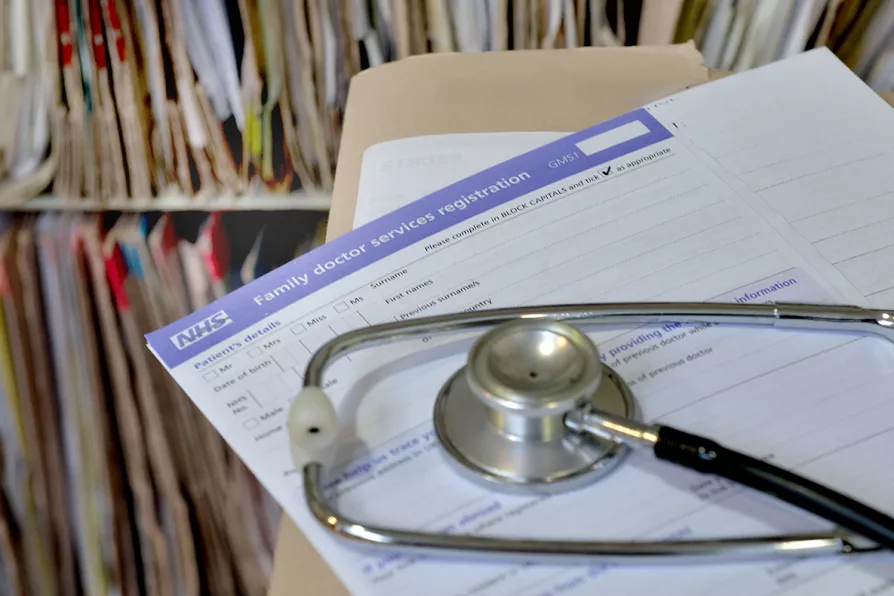GP body adopts neutral stance on legalisation of assisted dying

 A registration form and a stethoscope at the Temple Fortune Health Centre GP Practice near Golders Green, London
A registration form and a stethoscope at the Temple Fortune Health Centre GP Practice near Golders Green, London
THE Royal College of General Practitioners (RCGP) announced today that it is no longer opposed to the legalisation of assisted dying.
Sixty-one per cent of the college’s council voted in favour of adopting a neutral stance, while the remaining 39 per cent supported maintaining the RCGP’s longstanding position of opposition, which had been in place since 2005.
The decision was taken by the council, which has 64 voting members, rather than the college’s membership.
Similar stories

DANIEL GOVER considers the procedural complexities awaiting a Private Member’s Bill in its passage through Commons and Lords












